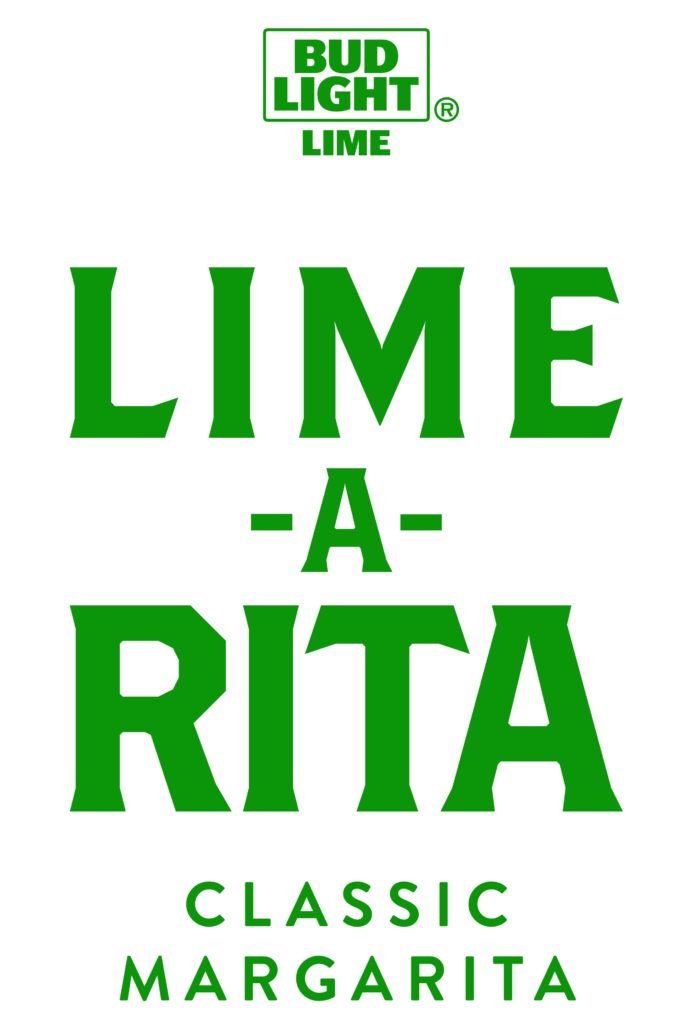
Lime-A-Rita Mixed Drinks Ideas CVS Lime-A-Rita 25 oz.Consumers who kept their receipts and can prove their Ritas purchases can claim up to $21.25 per household and those without any proof of their purchases can still make a claim for a refund up to $9.75, depending on which Ritas products they bought. For instance, for 8-ounce cans, consumers can receive $0.10 per single can or bottle, or $0.85 for a 24-pack of 12-ounce bottles or cans of the affected products, at most per product.

Payments are based on the type of products purchased. 16 to potentially receive their part of the settlement. 1, 2018 to Jcan fill out a claim form until Dec. Anyone who purchased any of 112 different Ritas-branded products in the U.S. 1, 2018 to Jto recover part of what they paid for the products - even if they can’t prove they did so with a receipt.Įarlier this week, the claims process opened a website called. On July 19, a judge preliminary approved a settlement allowing buyers of certain Ritas brand alcoholic drinks from Jan. “We do not have any additional details to share at this time.” “The parties have come to an agreement to resolve this matter,” an Anheuser-Busch spokesperson told TODAY Food when reached for comment. The court has not ruled in favor of either side as a result of the settlement. As part of the settlement, Anheuser-Busch has also agreed to add the words “Malt Beverage” on the drinks’ packaging.įor its part, Anheuser-Busch has denied all allegations, even as the company settled the suit on May 13, 2021, according to court filings. John Shearer / Getty ImagesĪs of 2022, the packaging on Anheuser-Busch line of Ritas on the product’s website contain the term “Sparkling Margarita,” and a disclaimer in the descriptor of each product refers to the beverages as “lime beer.” In past iterations, some packaging had the words “margarita with a twist” on them. According to the plaintiffs, only a small disclaimer on the bottom of the box indicates the beverages are “Malt Beverage With Natural Flavors and Caramel Color.” Straw-Ber-Ritas on a table at an event in Nashville, Tennessee on September 29, 2016. The legal filing also said that product packaging fails to note that the beverages don’t have liquor in them, not appearing on the front, sides and top. The plaintiffs also alleged in the suit that the use of the terms “Margarita,” “Mojito,” “Sangria” and “Rosé” “mislead a reasonable consumer into believing that the respective Products contain either tequila, rum, or wine,” adding that the these products’ respective packaging contained “a combination of misleading images and language, such as ‘sparkling classic cocktails’ with images of cocktail and wine glasses.” The plaintiffs said in the suit that they would not have purchased these items had they known they did not contain liquor or wine, or “would have paid significantly less for them.” The plaintiffs said they “never saw a disclaimer regarding the purchased products’ true contents,” and both allegedly relied on the what they say product implied it was according to their understanding, which caused them to “falsely believe that the Margarita Products contained tequila and the Wine Products contained wine.”

The case also claimed that at several different points over the course of 2019 through 2020, the lead plaintiffs, Megan Browning and Alan Kesselring, were allegedly falsely enticed into purchasing various Anheuser-Busch Ritas products thinking they contained items they did not.

Essentially, this case set out to prove that the name “Lime-A-Rita,” for instance, is misleading because a traditional margarita contains tequila and other spirits, and since Ritas products only contain beer with fruit flavors, the plaintiffs said it was a case of false advertising.


 0 kommentar(er)
0 kommentar(er)
